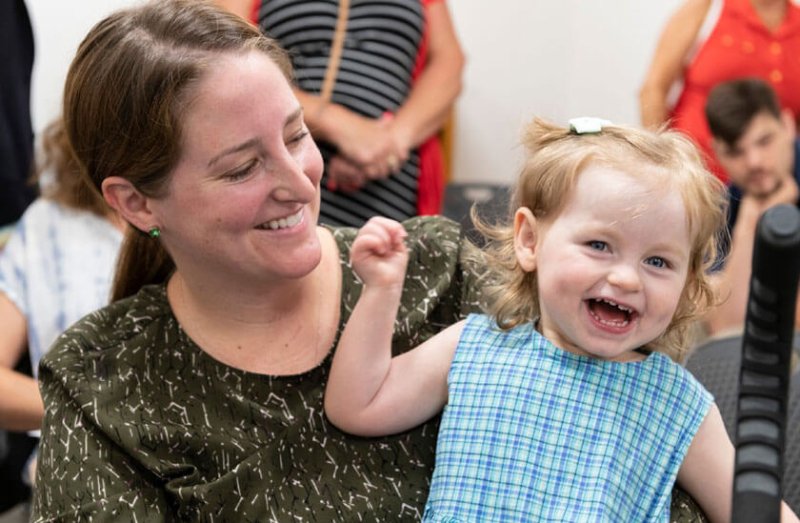Scientists are developing a radical form of gene therapy that could cure a devastating medical disorder by mending mutations in the brains of foetuses in the womb.
The treatment, which has never been attempted before, would involve doctors injecting the feotus’s brain with a harmless virus that infects the neurons and delivers a suite of molecules that correct the genetic faults.
…
The therapy is aimed at a rare brain disorder known as Angelman syndrome, which affects one in 15,000 births. Children with the condition have small brains and often experience seizures and problems with walking and sleeping. They can live their whole lives without speaking a word.
…
In Angelman syndrome, the mother’s copy of UBE3A is either missing or mutated, meaning there is no UBE3A active at all. Zylka’s therapy uses a version of a powerful gene editing tool known as Crispr-Cas9 to switch the father’s copy back on [in mice].
…
Follow-up work showed that it worked in human brain cells grown in a dish, too. “It really does raise the possibility that this gene therapy might be usable in humans,” [neurobiologist Mark] Zylka said.
Read full, original post: Gene therapy could treat rare brain disorder in unborn babies































